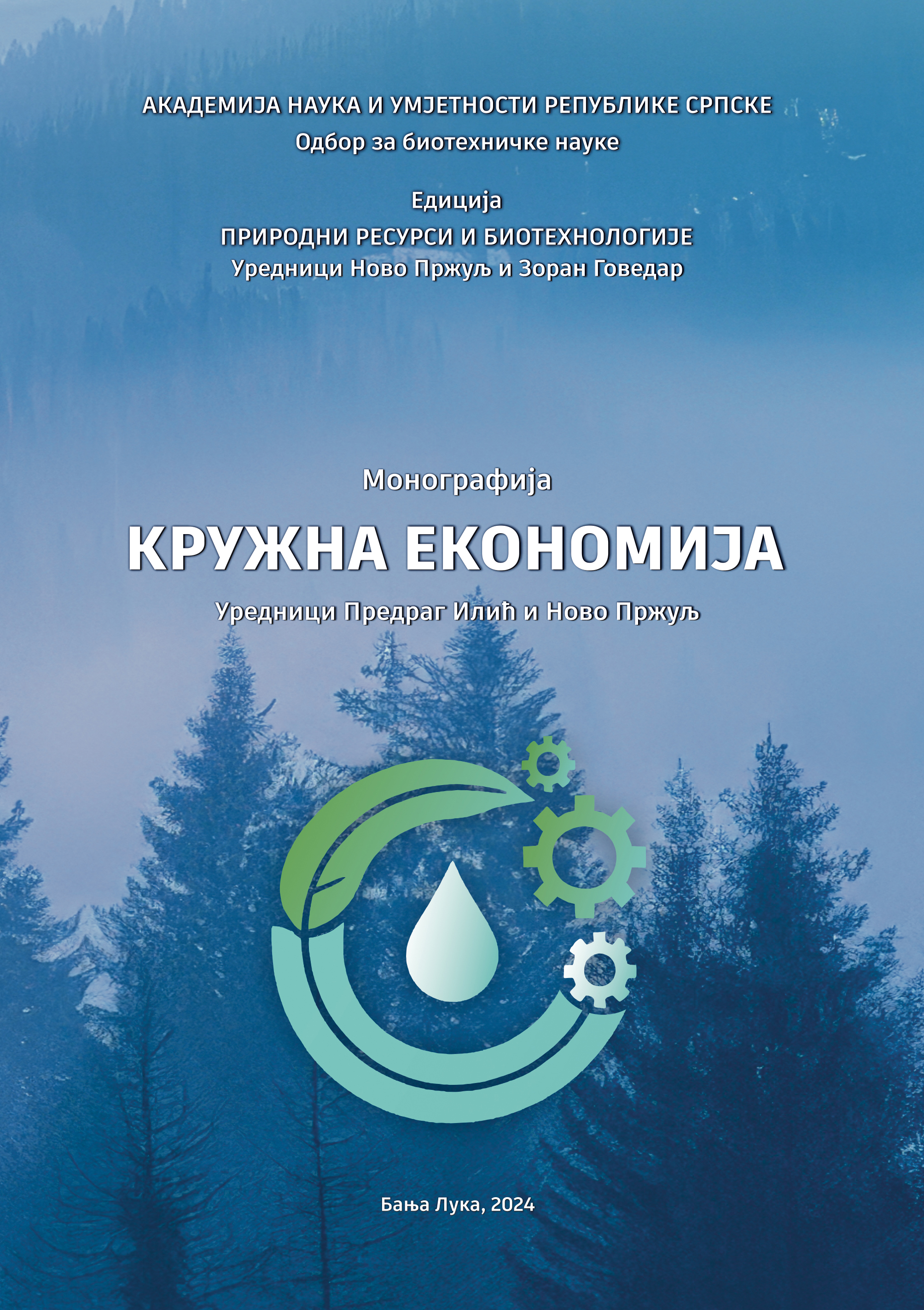Circular Economy and Waste Management in Eastern Europe
DOI:
https://doi.org/10.7251/PRB2401057MAbstract
Eastern Europe aims to address the EU's circular economy policies, despite socio-economic disparities compared to Western Europe. This work aims to provide regional insight into waste management and circular economy prospects with five relevant country analyses in Eastern Europe part of the EU (Romania, Bulgaria) and non-EU countries, but with candidate status (Ukraine, Rep of Moldova, and Georgia). In the latter cases, these countries face particular geopolitical challenges as additional barriers to advancing toward a circular economy transition. Despite these societal challenges, this work highlights some progress towards the circular economy path in each country. However, the landfill based system prevails but developments of waste management facilities to divert waste from landfills towards recycling, biogas production, and composting supported by source-separation of waste with community involvement is a solid pathway in the near future. These efforts must be supported by authorities (clear regulations, less bureaucracy, waste databases improvement, financial support), business innovation, and the role of environmental NGOs in reducing waste related pollution threats and waste diversion form multi-sectoral sectors (municipalities, agriculture, industry) to upper circular economy activities.
